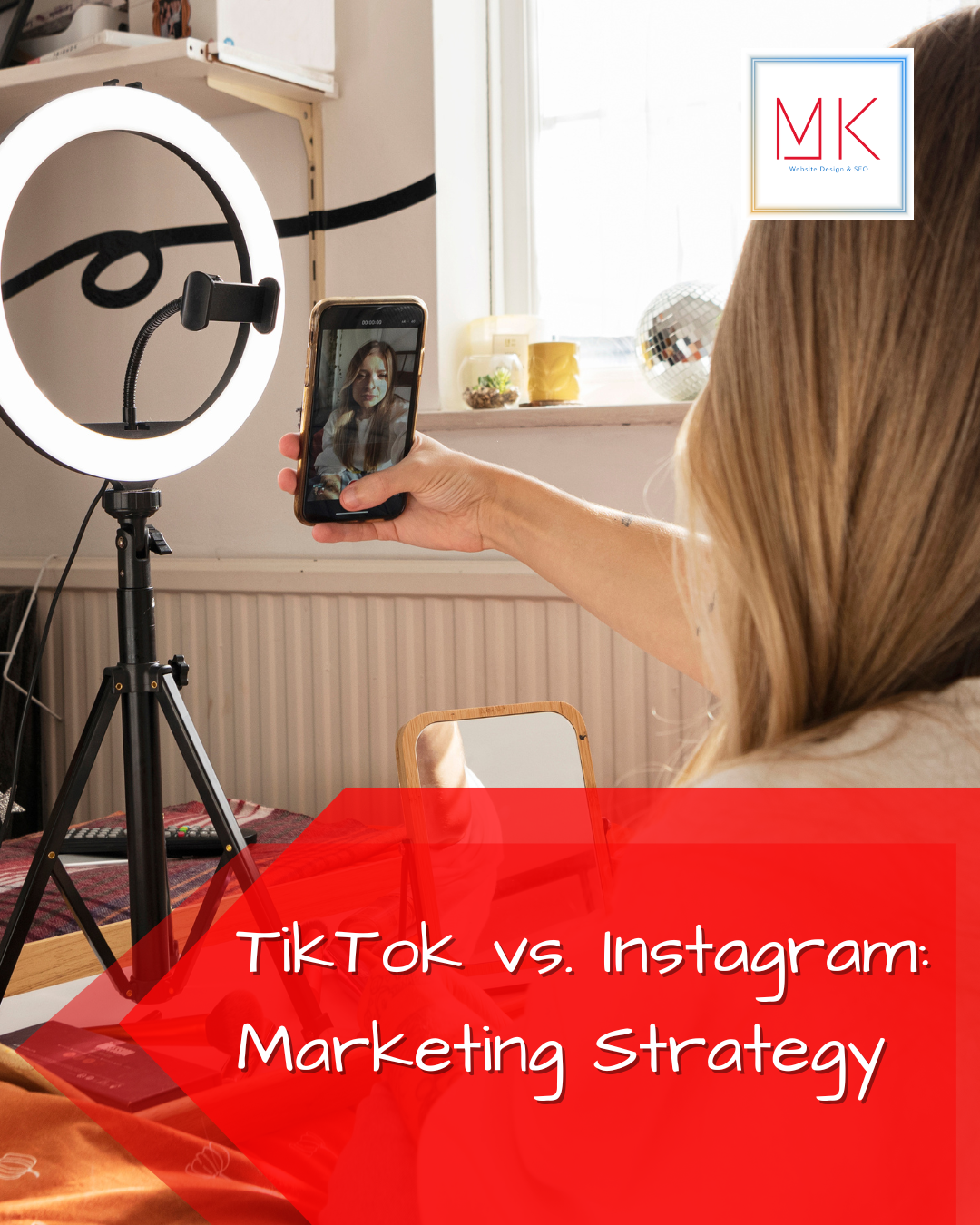What Does SEO Stand for?
In digital marketing, the term SEO is extensively used. You might be thinking that what does it stand for? SEO stands for Search Engine Optimization. It is optimizing a website’s content to improve its ranking and visibility on search engines such as Google, Yahoo, etc.
In today’s digital age, search engines are the primary source of traffic for many websites and the gatekeepers of the internet.
Users searching for relevant keywords are more likely to find a website with higher rankings on a search engine’s results page (SERP). SEO is essential because it can help improve a website’s ranking on search engines, increase visitors, generate leads and sales, and enhance brand recognition.
SEO Key Techniques and Strategies
SEO involves strategies and techniques to make a website more attractive to search engines and users. Some methods include keyword research, content creation, on-page optimization, link building, and tracking.
1- Keyword research and optimization
Keyword research and optimization is the process that involves researching the most popular keywords related to a website’s content or business and then incorporating these keywords into the website’s pages, web content, titles, descriptions, articles, blogs, and other elements.
On-page optimization of a website refers to the technical aspects of a website’s structure and design, such as its URL structure, header tags, and meta tags, which help search engines understand the structure and content of a website.
2- Content creation and optimization
Content creation and optimization mean creating high-quality, valuable, and relevant content that contains the target keywords and provides value to users. This content may be in the form of blog posts, articles, images, videos, and other forms of media.
Link building also plays a significant role in optimizing the content of a website which involves acquiring backlinks from other websites, which signal credibility and authority to search engines. The more relevant and high-quality links a website has, the more it is to rank better in search engine result pages.
3- Tracking and measurement
The tracking and measurement process involves tracking an organization’s SEO efforts, including the rankings, traffic, and conversions of that organization’s website. It confirms areas for improvement and helps adapt strategies accordingly.
Point to Remember
SEO isn’t a one-time task but an ongoing process that requires constant refinement and attention. Search engine algorithms are constantly changing. What works today may not work tomorrow. Hence, keeping yourself up-to-date with the latest trends and best practices in SEO is essential. Moreover, you should regularly monitor and adjust your strategies to maintain or improve your rankings.
Moreover, SEO is more than simply ranking well in search engines; it also involves creating a positive user experience. Suppose a website is optimized for search engines but suffers from a poor user experience. In that case, it is unlikely to achieve the desired results since users will not return to an inefficient or ineffective site.
Final Words
SEO is optimizing a website for ranking improvement. Search engine optimization involves various techniques and strategies to increase a website’s appeal to users and search engines, which requires ongoing monitoring and refinement.
You can drive more leads, sales, and traffic to your website by understanding the importance of SEO and following best practices. Want someone to optimize your website? The SEO experts at Mk Marketing are all set to assist you.













